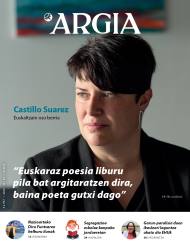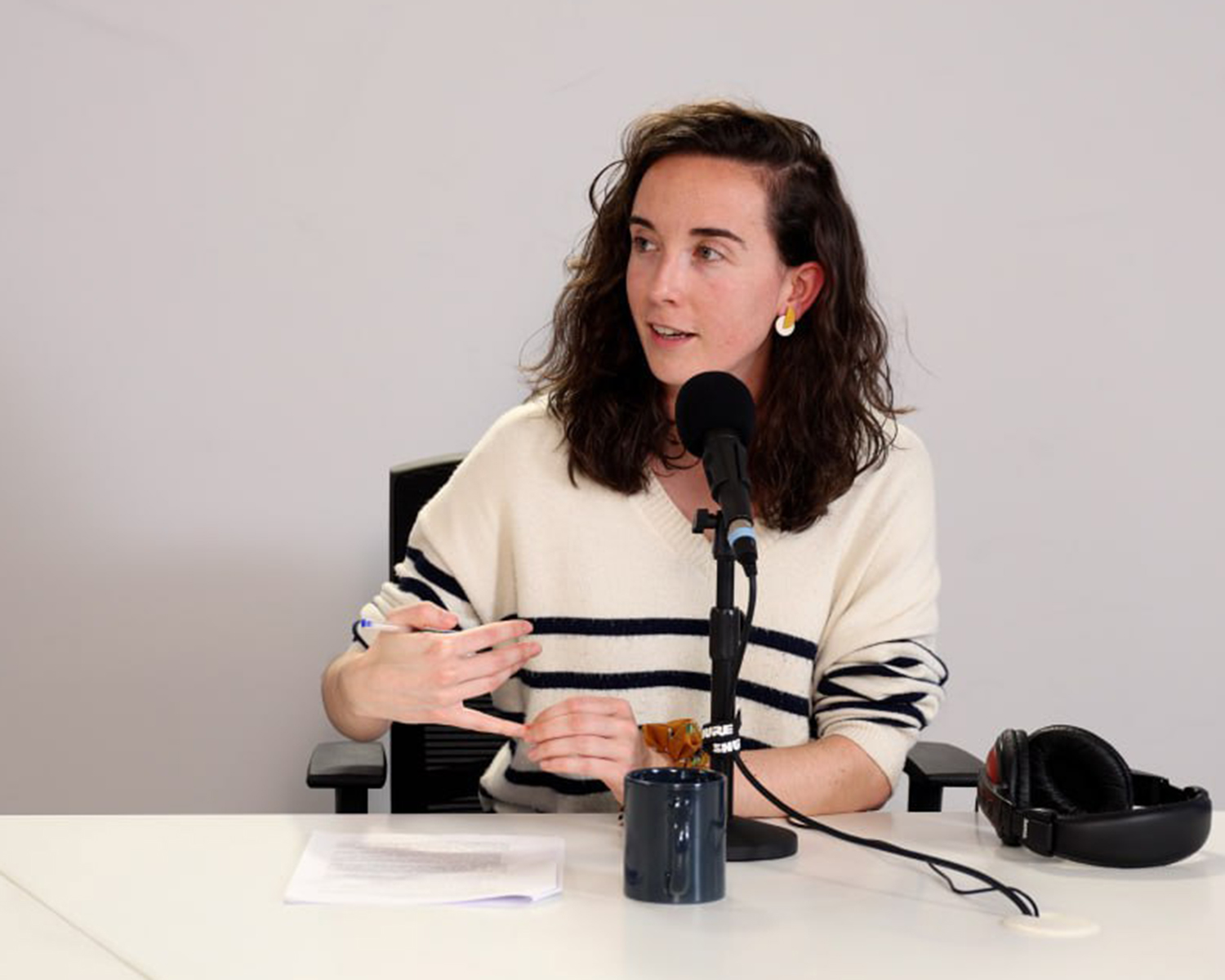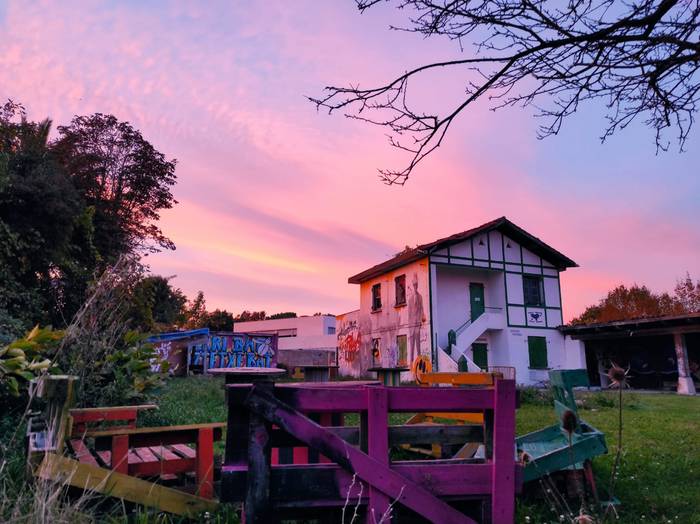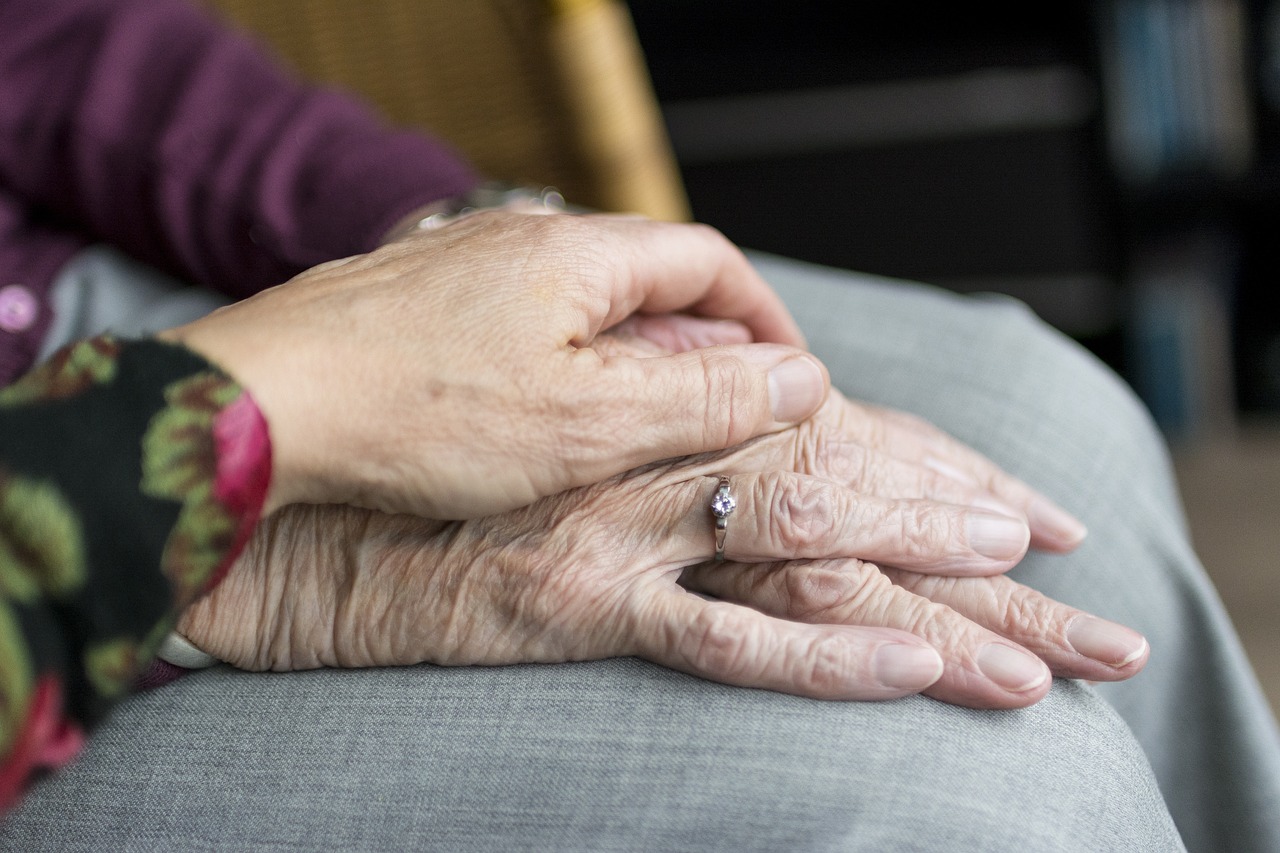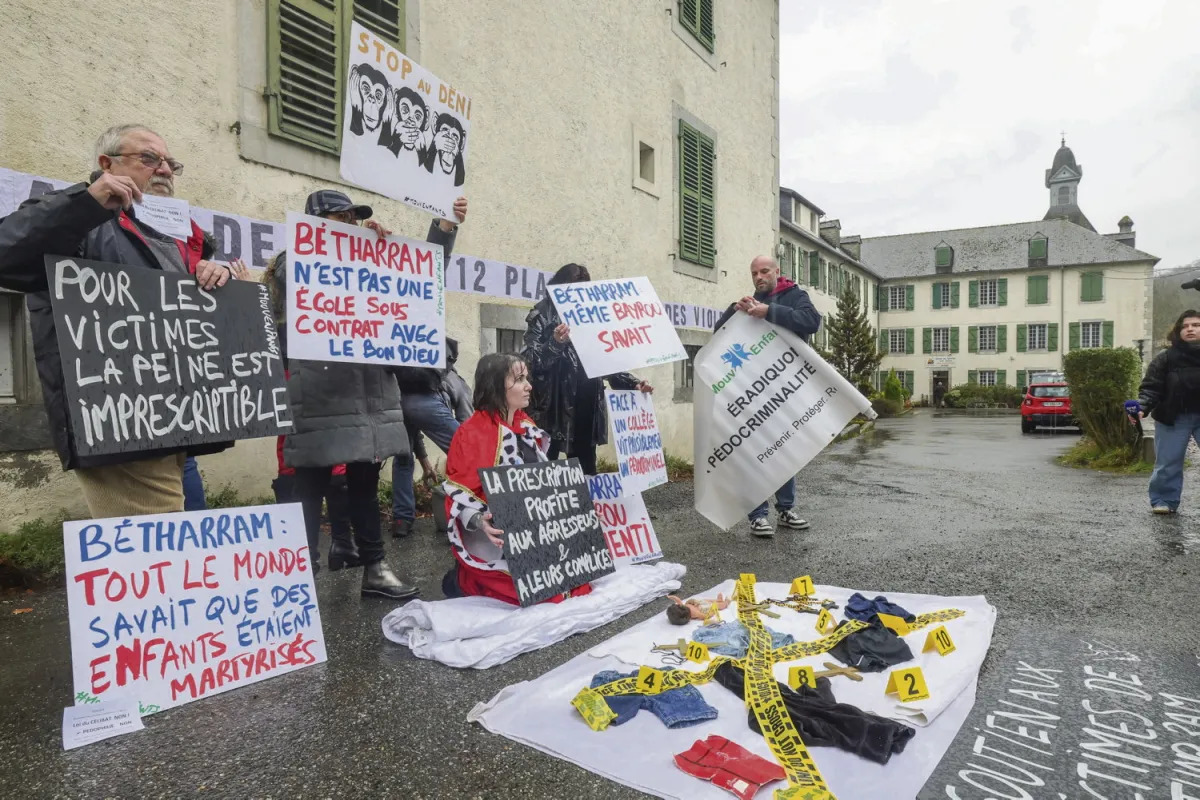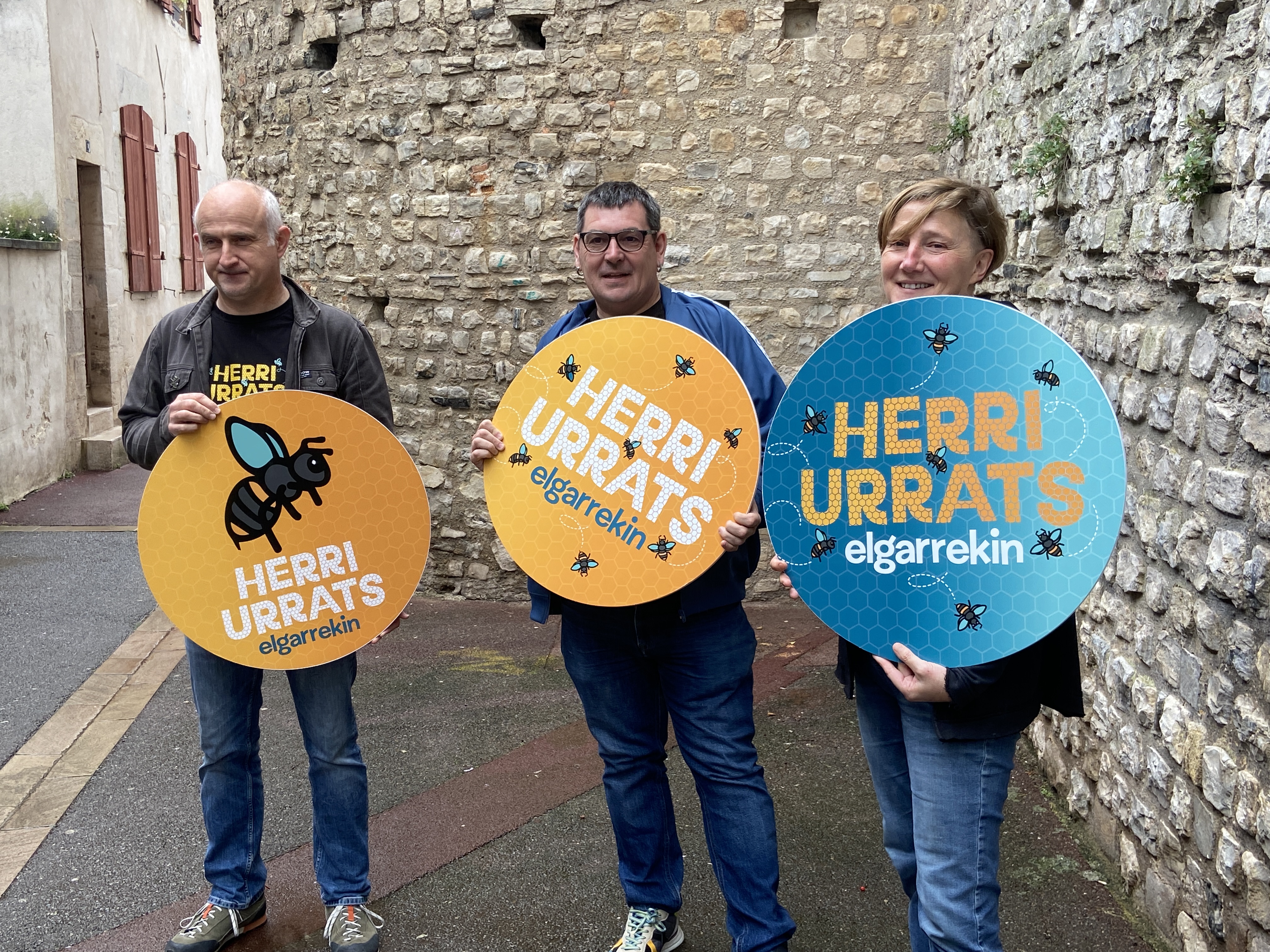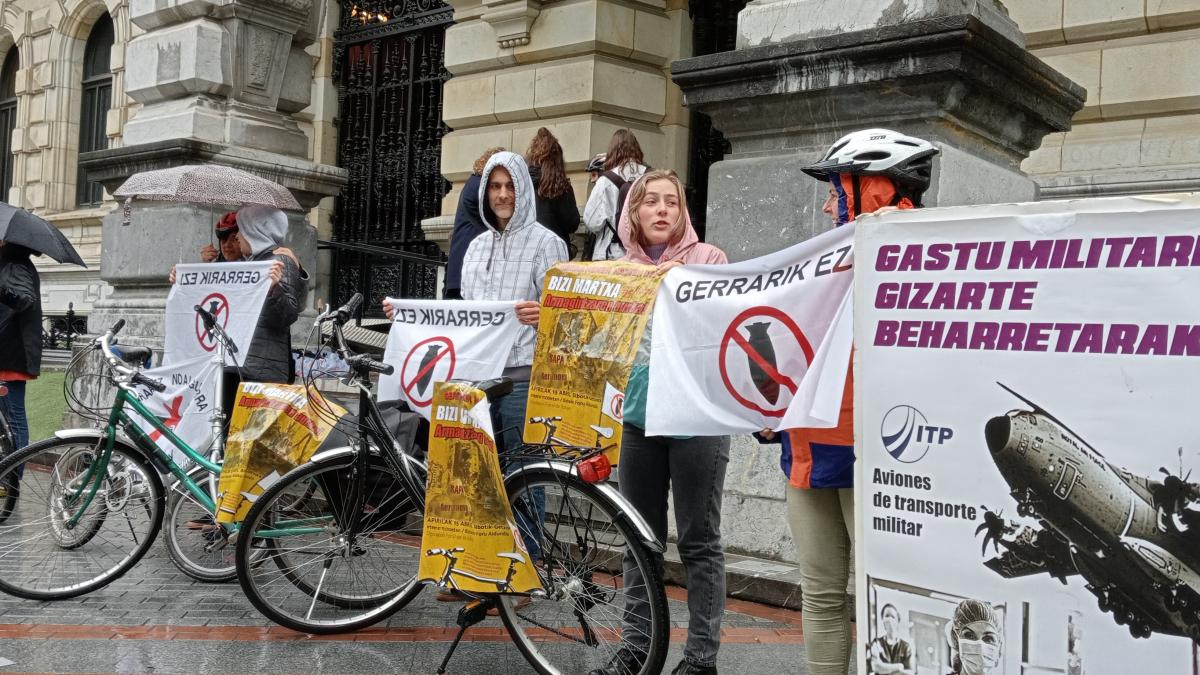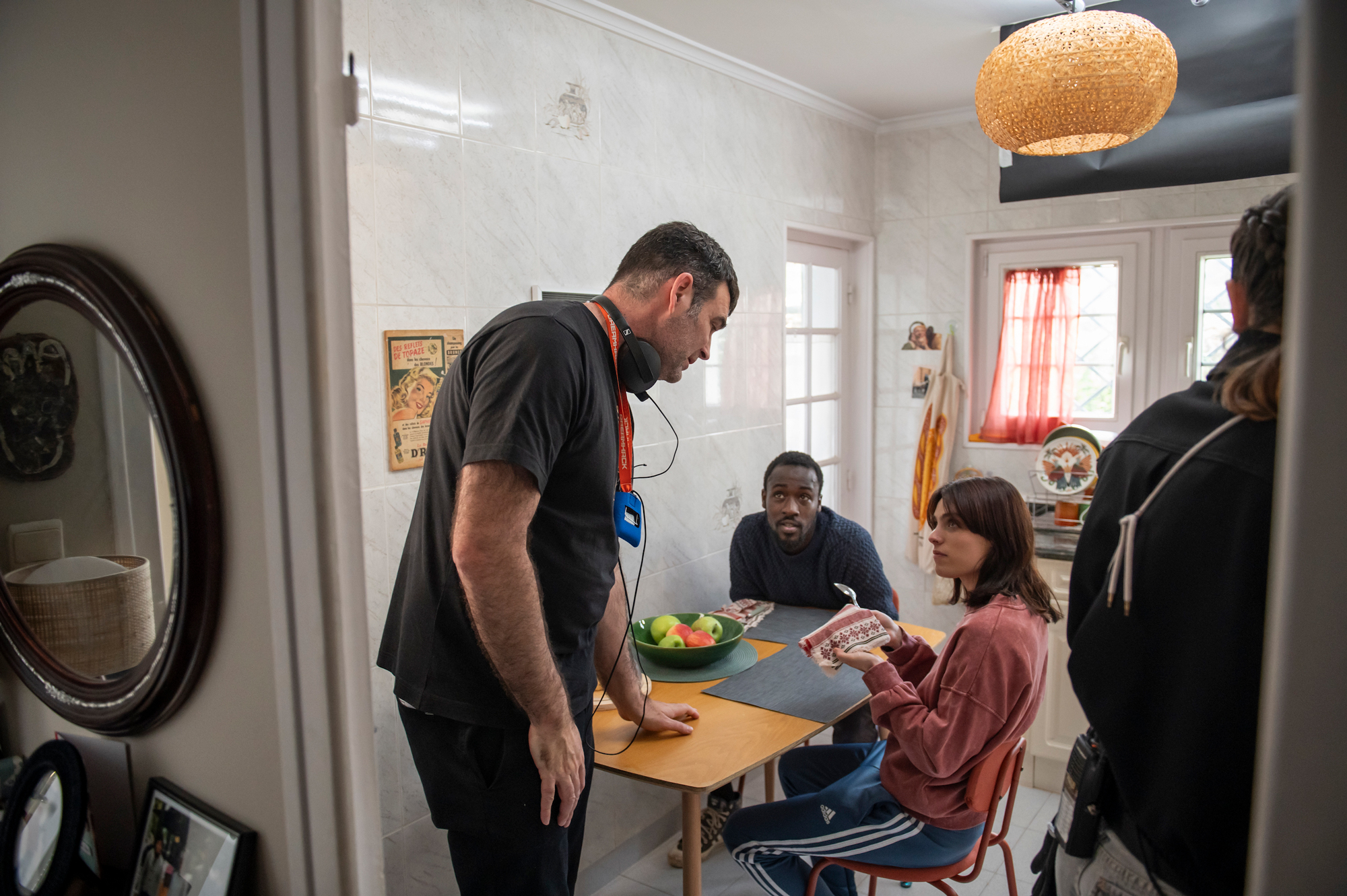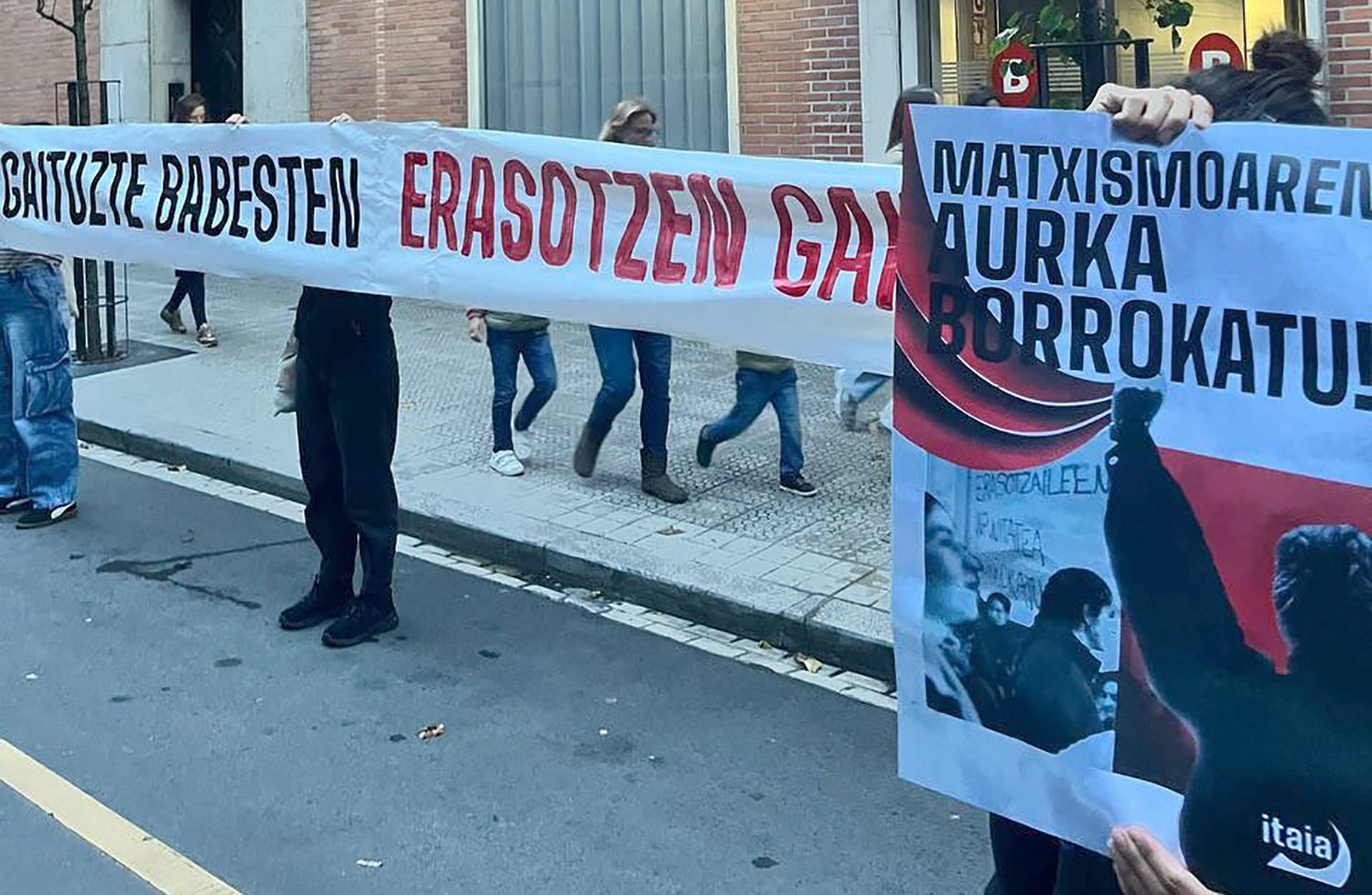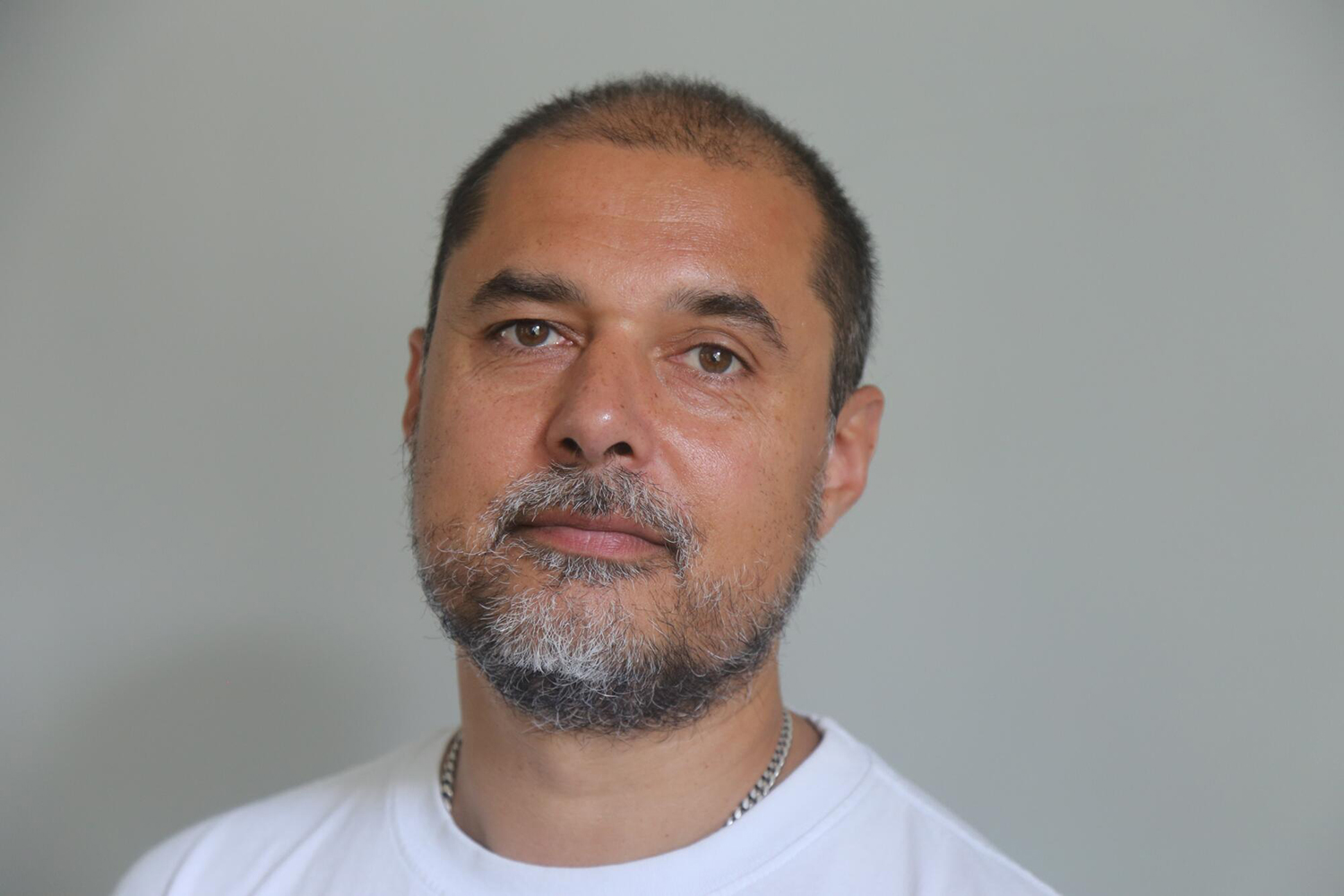Eleven axes of violence against Roma women
- The concept of gender anti-Tziganism refers to the specific racism or discrimination suffered by Roma women. However, it is a concept that society in general does not know and that Roma women are building, according to AMUGE and Romi Berriak. With the objective of advancing the I Antitziganism of Gender. Bilbao hosts the International Congress from 3 to 5 October. They have analysed, from multiple perspectives, the systematic violence suffered by Roma women.

Room full of audience and speakers. Gypsy women dominated, but there was also room for those of us who are not Gypsies and for men. In fact, the I was published on 5 October. It was the third and final day of the International Congress and, unlike the previous two, it was a day open to the general public. Only Roma participated in the first and only Roma women in the second. The last day, on the contrary, there will also be who or who is watching outside the room, as the whole event was broadcast in streaming.
The conference was organized by AMUGE, Association of Roma Women of the Basque Country, and Romi Berriak, Association of Roma Youth for Equality. Over three intense days, the international community brought together rapporteurs and participants: They approached from Romania, Germany, Portugal, Latin America, Albania, Catalan countries, Madrid, Aragon and Andalusia, among others, to address gender antitzdominism from multiple branches. Violations of human rights, public policies, intersectionality, functional diversity, ethnosexism and historical memory were some of the topics addressed, with a course of romanism.
Noemi Amaya, a member of AMUGE, explained that gender antitziganism is a specific machismo suffered by Roma women. “It’s a voluntary conditioning,” said Andrea Zufiaurre and Alejandra Moreno. “This dehumanization produces anger, disability, suffering, sadness, pain and great anger.” These days an attempt was made to concretize this violence from their own experiences, although they did not achieve a closed definition. As Sandra Heredia said, for thousands of years they have suffered a drastic romaphobia [also called anti-Tziganism] and “it is impossible to define it in the middle of tomorrow.” The debate is also about the concept of gender antitziganism or intersectional antitziganism. In the search for this definition two aspects were raised: on the one hand, the work of reflection and construction of thought among Roma women and, on the other, the work and dialogue with the rest of Basque society.
They took advantage of the last meeting. It was a place to present the conclusions of the previous two days, but creativity also took place. The Gypsy monologue like a Silvia Agüero Castle and the Gypsy Feminist Women’s Crown Zion followed an intense two-hour session. Despite organizing three-day pioneering international conferences, fatigue did not appear anywhere. But yes strength, energy, emotion and, of course, anger and claim.
Conclusions to the plaza
As I said, on the second day of the conference, Roma women were the protagonists. They were divided into groups to reflect on transsystemic violence, employment, social rights, education, health and hate speech. To begin to highlight one of the conclusions they presented, spaces are needed to “continue to reflect”. “We had a long time to discuss this,” they said, claiming non-mixed spaces. Tamara Clavería, coordinator of Amug, pointed out that spaces of confidence to freely express oneself and develop one's own thought are essential and will continue to demand. “We have a lot to say,” María Hernández stressed in her speech and reminded Maria Filigrana, member of Fakali: “It is not that feminism has now caught our attention and we have begun to reflect on it, feminism has crossed us for centuries and we have always been feminists before the birth of the movement itself.”
Despite their willingness to debate constantly, they clearly explained that the burden of gender antitzdominism is not exclusive to them. They repeatedly called for the support of all the Roma people and the alliances of non-Roma social movements. Hernandez, for example, surprised that although 80% of street market permits are on behalf of women, they do not perceive the support that other feminized sectors who work in this area receive.
Gradually, among all the women who spoke, there was an increase in discrimination against gypsies in different areas, emphasizing that persecution is systematic and recalling that anti-Tziganism is a violation of human rights. They emphasized that violence is transsystemic, and that class, religion, sexual orientation, migration, territoriality, functional diversity… influences the crossing of discrimination.
They also highlighted the cultural persecution that has been experienced over the centuries, such as linguistic oppression, clothing or education. To this must be added the cultural appropriation of the cultural and musical industry and the clichés disseminated through it.
Infantilization and contempt, however, are perceived anywhere: in education, in the health system, in plans of employability… This was pointed out by Hernández: “They have put on us the focus of employability: they teach us how to dress and talk in a job interview, but the reality is different, companies don’t hire us because they are racist.”
They also talked about the stereotypes attributed to them: “Lack of expectations for us, considering it a thief, an idea that we do not care for our children…”. Prejudices also have a gender character: while women are considered submissive and misleading, men are considered violent and macho. All this marks, on the one hand, the lives of girls who feel undervalued since birth and, on the other, opens the way to hate speech and crime.
Call to continue
The experiences have served as the basis for constructing the theory. In view of the discrimination tabled, many concrete proposals were made. In education, for example, they demanded the training of professionals, the commitment to public school, the reparation of historical debt and the involvement of the whole community. In health, for their part, they asked for the value and recognition of the knowledge and customs of the Roma people, along with the maintenance of the values of cooperation and solidarity through intercultural education.
As regards employment and social rights, they put on the table the right to a life without poverty, removing obstacles to access and maintenance of jobs, facilitating self-employment and eliminating the conditionality of subsidies. Odioto not only underlined the responsibility of society and the media, but also the need to respond and not silence aggression.
“We need to continue the political project and deepen the debate,” Heredia said. He stressed that this should take into account the diversity and complexity of experiences, and that they have much to learn from black and indigenous members. Among the words of infinite gratitude, they emphasized the need for unity.
Clavería closed the program with a call to a strong international alliance: “Three years ago V Basque Country. When we participate in the Feminist Conferences we invite you to join this strong international alliance. We want it to be horizontal, but the protagonists are women. We will open a document and ask you to join this alliance.”









